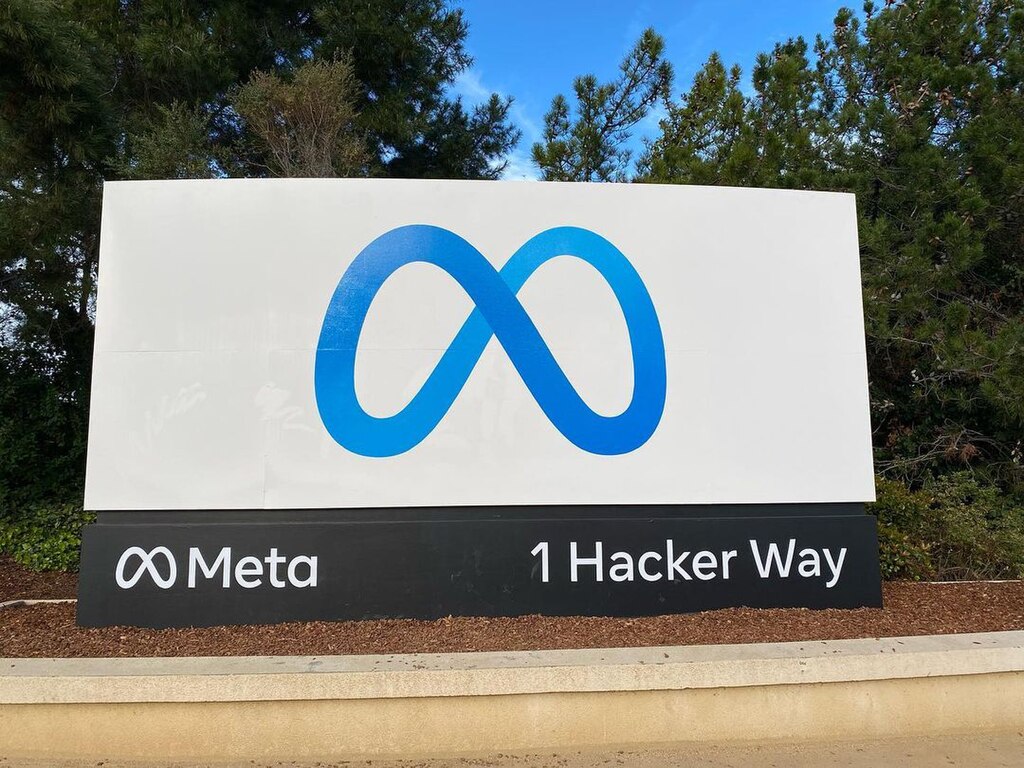Voltron, a blockchain-based trade finance initiative, recently completed trials involving the simulation of multiple digital Letter of Credit transactions with more than 50 banks and corporates, Finextra reported.
Officially Announced in October 2018, Voltron initially began as a project within the R3 blockchain consortium. Founding members include Bangkok Bank, BNP Paribas, CTBC Holding, HSBC, ING, NatWest, SEB, Standard Chartered, Bain, CryptoBLK, and R3.
Voltron launched an open platform for documentary trade, with an initial focus on developing a blockchain application for creating, exchanging, approving and issuing letters of credit (LC). By leveraging R3’s Corda, it aims to digitalize the LC process which can significantly lower the processing time and cost.
Building on the previous successful live transactions, the latest six week-trial, conducted across 27 countries on six continents, was delivered by a collaboration of Bain, CryptoBLK, and R3 on Microsoft’s Azure cloud platform.
It saw participation from ABN Amro, Alfa Bank, Banco de Crédito del Perú-BCP, Banorte, Bci, China Everbright Bank Hong Kong Branch, CIB, CommerzBank Commercial Bank of Qatar, Ekman & Co, LH Trading, MUFG, Natixis, National Bank of Egypt, RBI, SABB, Scylla, Standard Bank, Societe Generale and The Saudi British Bank.
According to the report, 96% of the trial participants said that the Voltron platform will help accelerate their LC process, enhance efficiencies, and reduce cost. The platform successfully reduced the time taken to execute the entire process from 5-10 days to less than 24 hours.
"The trial has been a great collaboration between banks and corporates, R3 and CryptoBLK and it ensures a better understanding of the possibilities and benefits of Voltron: the end-to-end digitisation of letters of credit,” Chris Sunderman, blockchain initiative lead trade finance at ING and Voltron founding member bank said.
“This will help in broadening the support base of Voltron and it will grow a larger and geographically well spread network of banks to adopt it, enabling an increased number of transactions in the production phase."


























Comment 0